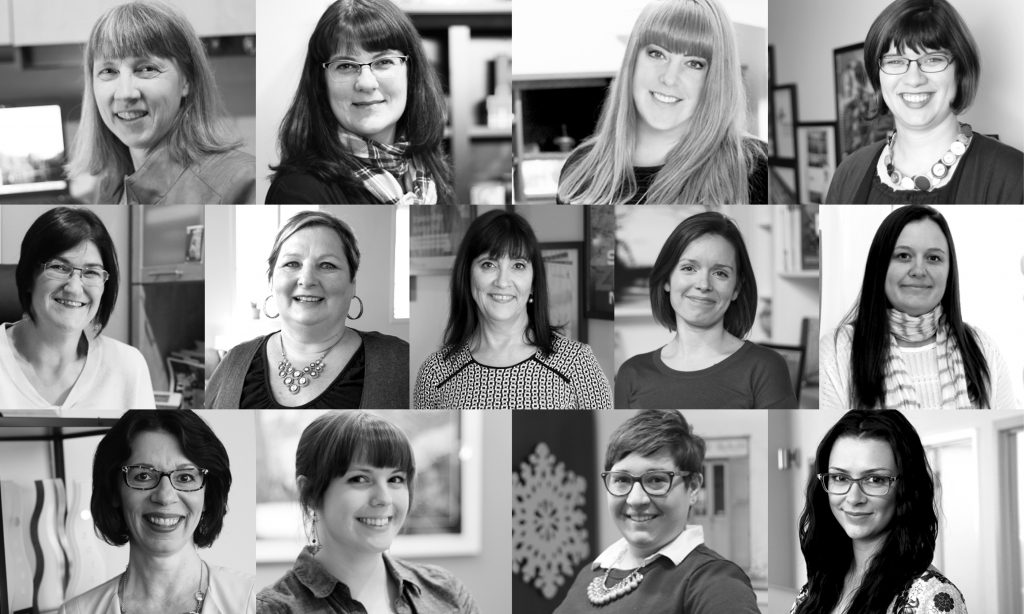
Lessons from a Changemaker: How to Prevent Burnout while Living Your Passion
As a changemaker, you are passionate about making a positive difference in the world. You may have chosen a career as a helping professional, work for a non-profit or an international development agency. You may be an academic doing research focusing on improving the health of women and children or you may be CEO of a socially-responsible company. Whatever line of work you’re in, you feel “called” to it.
One of the challenges of being a changemaker is that we experience much joy from giving and sometimes may overextend ourselves by sitting on a number of volunteer boards, or by continually pushing through fatigue to finish that one last thing, rather than taking a break and listening to our bodies. Do you relate?
I understand. I’ve almost burnt out several times in my life. When we continually push ourselves without listening to our bodies, we run the risk of experiencing adrenal fatigue or burnout. Dr. James Wilson in his book Adrenal Fatigue The 21st Century Stress Syndrome notes that:
“adrenal fatigue occurs when the amount of stress [physical, psychological, emotional, infectious, environmental or a combination of these] overextends the capacity of the body (mediated by the adrenal [glands]) to compensate and recover from that stress or the combined stresses. Once this capacity to cope and recover is exceeded, some form of adrenal fatigue occurs. “ (p. 11)
While working in Afghanistan with the Ministry of Public Health, supporting them to develop their first strategic plan and building the capacity of internal teams to do planning, I got pneumonia twice within the first 6 months of living there. I recall being at the front of the room facilitating a national multi-stakeholder workshop with my team and feeling an incredible burning in my chest as I wrote on the flipchart. It wasn’t until I arrived home for a short break a week or so later and I felt really low in energy and on my husband’s suggestion I went to the doctor and was diagnosed with pneumonia the first time.
So how can you as a changemaker stay healthy, happy and grounded while making a positive difference in the world?
- Connect with and learn to listen to and trust in your body’s wisdom. Our bodies are amazing receivers and transmitters of information. They always let us know if something is wrong. Body scanning is an excellent tool when we wish to increase awareness of our body and the messages it sends us. Tara Brach in her book Radical Acceptance: Embracing Your Life with the Heart of Buddha, walks you through a detailed body scan and explains its power.
- Spend regular time in nature. Go for a short walk at lunch or walk in the park after work. Go for a hike with a partner, friend or family member. The Japanese have done longitudinal research to show that when we walk among trees it reduces our heart rate, reduces our blood pressure and increases the number of natural killer cells our bodies produce (e.g. strengthens our immune system).
- Set strong boundaries. If someone asks you to participate in a new community activity (e.g. fundraise for a local charity) or add an extra project to your already “full plate” at work, learn to say “no”. As givers we often say “yes” without thinking about what we already have on our “to-do” lists. I encourage you when asked to do something new, to take several deep breaths, go inside your body and ask yourself the question: Will this bring me joy? Do I really want to do this? Do I have time for this? And if the answer is “no” practice saying “no” without feeling guilty.
- Get 7 to 8 hours of sleep per night. Sleep heals and replenishes our bodies.
- Unplug from digital devices for 60 to 90 minutes before going to sleep. Artificial light from screens increases alertness and suppresses the hormone melatonin by up to 22% negatively affecting sleep, performance and mood. [1]
If you’d like to learn more proven strategies for preventing burnout and staying healthy, happy and grounded while living your passion I invite you to check out my #1 best selling book on Amazon Learning to Dance with Life: A Guide for High Achieving Women. FYI, men find it useful as well J. In the book I share 7 keys to what I call Creative Living. 7 keys to “consciously cultivating improved health, happiness, fulfillment and inner peace in your life.” Each key has powerful strategies and proven practices backed up by research from neuroscience, Eastern psychology and the health-promoting and healing benefits of the arts.
I’d love to hear from
you what strategies you’ve found useful to prevent burnout and reduce the
stress in your life. I welcome your comments and suggestions below.
